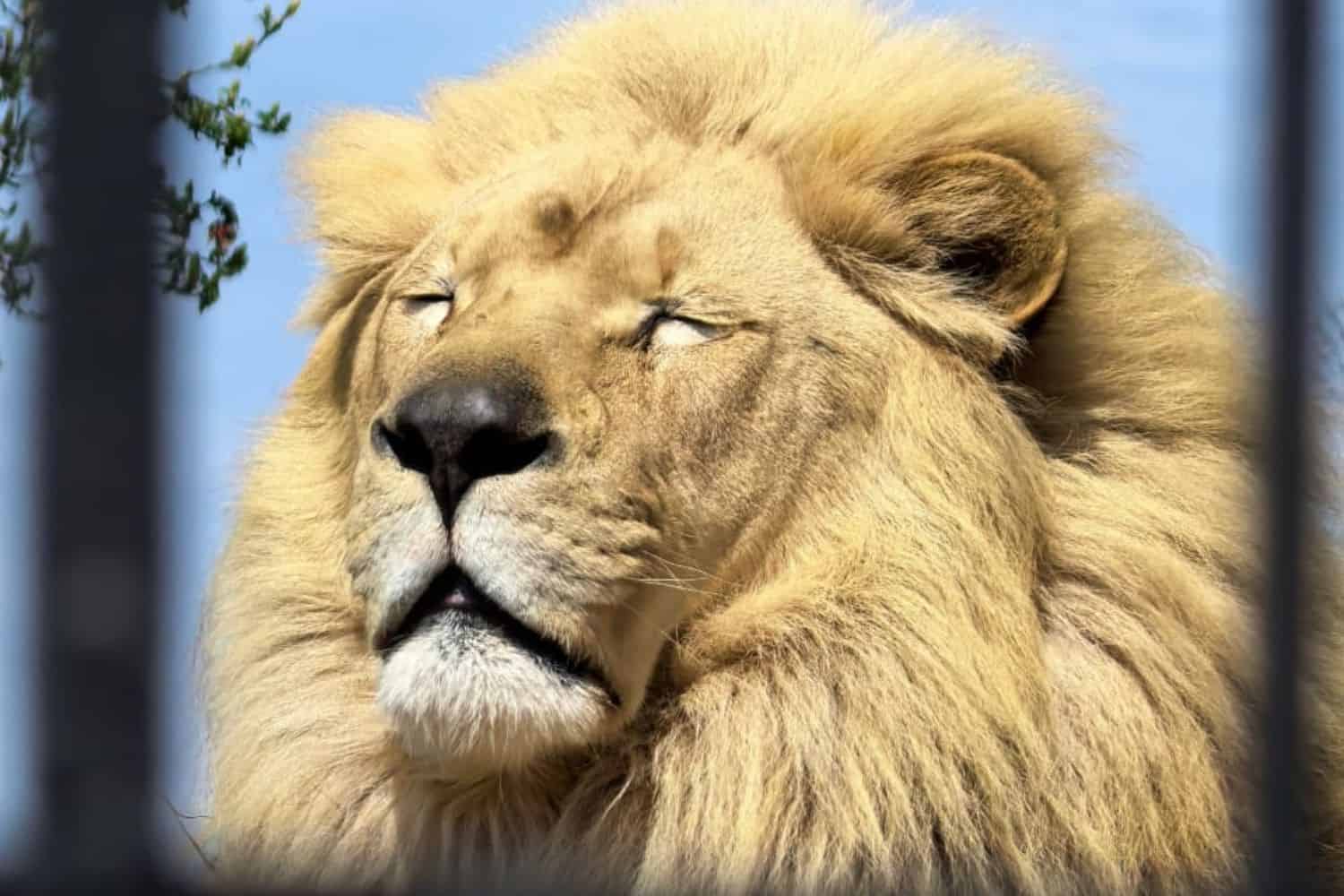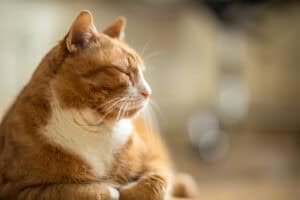Some of the animals are rescues.

The Lory Park Zoo says it is operating in a challenging environment compared to other animal sanctuaries in Gauteng as it aims to educate visitors about animal conservation.
Located about 65km from Johannesburg in President Park, Midrand, the Lory Park Zoo is privately owned and receives no funding or subsidies from the City of Johannesburg.
Both the Johannesburg and Pretoria Zoos are owned by their respective municipalities, which attract a lot of visitors because of the different species of animals they house.
Animal welfare
Lory Park Zoo manager Andre Le Roux told The Citizen that the zoo is a fraction of the size of Joburg and Pretoria, with fewer species, but visitors are in closer proximity to the animals.
“Some of our animals are rescues, some are part of conservation projects. We have owls, snakes, and other birds that visitors can interact with. We also have an enrichment talk for the big cats for visitors.”
ALSO READ: Calls for elephants being held at Joburg Zoo to be released
Zoo visits
Le Roux said they rely on the public and school visits to meet their financial obligations to run the zoo.
“Our motto is educate, experience and enjoy, and we get a lot of compliments from the public that the zoo is clean.”
Animals by sea
Meanwhile, global animal welfare organisation Four Paws has called on the South African public to speak up against the inhumane practice of live animal exports by sea.
This follows the Department of Agriculture, Land Reform and Rural Development’s publication of the draft Regulations for the Exportation of Live Animals by Sea under the Animals Protection Act 71 of 1962.
“To ensure animal welfare concerns are heard, Four Paws has launched a dedicated e-action platform that allows members of the public to submit their objections quickly and easily. The deadline for submissions is 25 August 2025,” said Four Paws.
Draft regulations
Fiona Miles, director at Four Paws, said animals exported by sea suffer immensely during transport—enduring heat stress, motion sickness, injury, disease, harsh conditions, inadequate space, and the possibility of failed ventilation systems.
“The draft Regulations fail to adequately protect animals and allow for vague, unenforceable standards that will enable industry to self-regulate. Once a ship is at sea, South Africa’s laws no longer have jurisdiction, leaving animals without protection.
“These Regulations offer little more than false assurance. The only way to truly protect animals from the horrific suffering associated with live export is to prohibit the practice entirely,” said Miles.
NOW READ: Tourists urged to stay in cars after grandfather trampled by elephant






